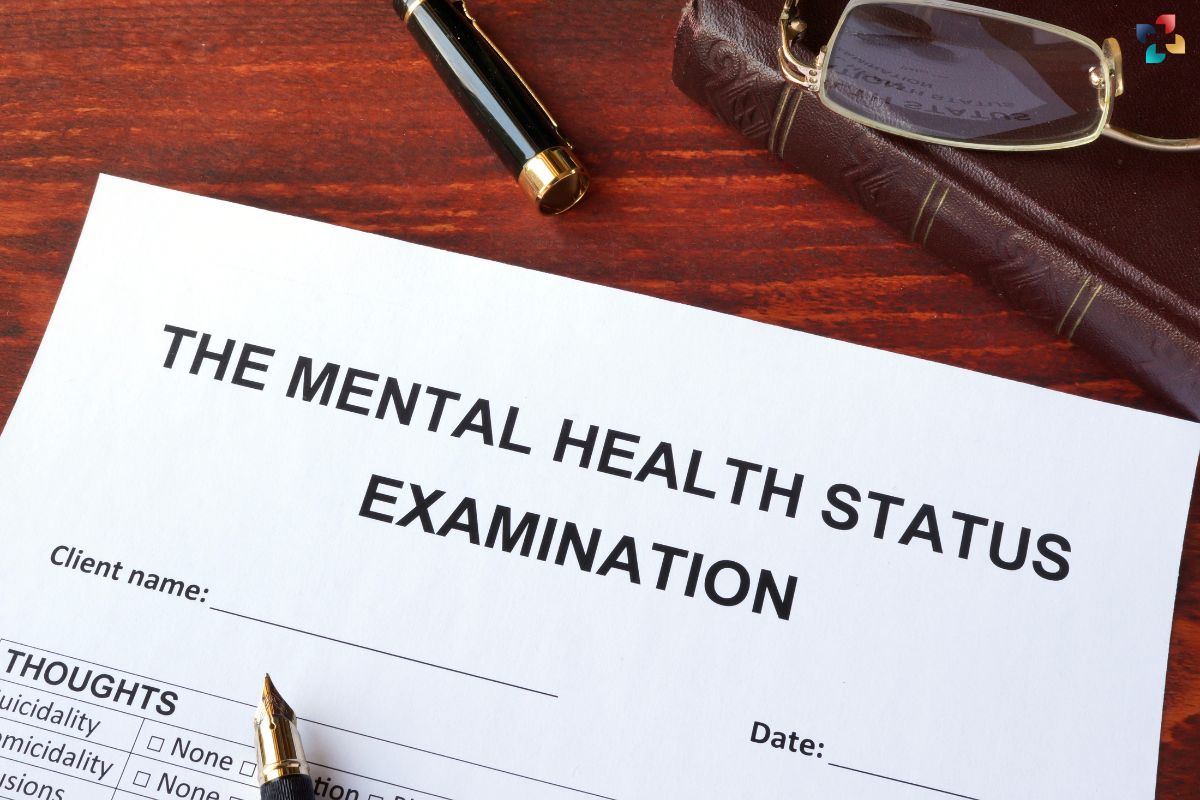The Mini Mental Status Exam (MMSE) is a widely used tool in the field of psychiatry and neurology to assess cognitive function. Developed in 1975 by Marshall Folstein and his colleagues, the MMSE is a brief, structured assessment that provides a quantitative measure of cognitive impairment. This article explores the purpose, components, administration, scoring, and clinical significance of the Mini Mental Status Exam.
Understanding the Mini Mental Status Exam
The Mini Mental Status Exam is a 30-point questionnaire that is used extensively in clinical settings to screen for cognitive decline and monitor changes over time. It evaluates several cognitive domains including orientation, registration, attention and calculation, recall, language, and the ability to follow simple commands. The MMSE is a practical tool that helps healthcare professionals identify cognitive deficits associated with conditions such as dementia, Alzheimer’s disease, and other neurodegenerative disorders.
Purpose of the Mini Mental Status Exam
The primary purpose of the Mini Mental Status Exam is to provide a quick and reliable assessment of cognitive function. It is often used in the initial evaluation of patients presenting with symptoms of cognitive impairment. Additionally, the MMSE serves as a baseline measurement to track the progression of cognitive decline and the effectiveness of therapeutic interventions over time.
Healthcare professionals use the MMSE to:
- Screen for cognitive impairment.
- Differentiate between various types of cognitive disorders.
- Monitor changes in cognitive function.
- Evaluate the impact of treatment on cognitive performance.
Components of the Mini Mental Status Exam
The Mini Mental Status Exam comprises several components, each designed to assess a specific cognitive domain. These components include:
1. Orientation
This section assesses the patient’s awareness of time and place. The examiner asks questions related to the current date, day of the week, month, year, and season. Additionally, the patient is asked about their current location, including the name of the hospital or clinic, city, state, and country.
2. Registration

In this section, the examiner names three unrelated objects and asks the patient to repeat them. This tests the patient’s ability to register new information. The examiner repeats the process until the patient can correctly repeat all three objects.
3. Attention and Calculation
The examiner asks the patient to perform a simple mathematical task, such as subtracting seven from 100 and then continuing to subtract seven from the result. This section assesses the patient’s attention span and ability to perform calculations.
4. Recall
In the recall section, the examiner asks the patient to recall the three objects named earlier in the registration section. This tests the patient’s short-term memory.
5. Language
The language section of the Mini Mental Status Exam evaluates the patient’s ability to understand and use language. It includes tasks such as naming common objects, repeating phrases, following simple written instructions, writing a sentence, and copying a complex figure.
6. Following Commands
The final section involves following a three-stage command. For example, the patient might be asked to take a piece of paper in their right hand, fold it in half, and place it on the floor. This assesses the patient’s ability to follow multi-step instructions.
Administering the Mini Mental Status Exam
Administering the Mini Mental Status Exam is straightforward and typically takes about 10-15 minutes. It can be conducted by a variety of healthcare professionals, including doctors, nurses, and psychologists. To ensure accuracy and consistency, the examiner should follow a standardized procedure:
- Create a Comfortable Environment: Ensure the patient is in a quiet, well-lit room free from distractions.
- Build Rapport: Begin by explaining the purpose of the exam and addressing any questions or concerns the patient may have.
- Follow the Script: Use the standardized instructions provided for each section of the MMSE.
- Score in Real-Time: Score each response as the patient completes each task to ensure accurate scoring.
- Document Responses: Record the patient’s responses and total score immediately after the exam.
Scoring the Mini Mental Status Exam

The Mini Mental Status Exam is scored out of 30 points, with each correct answer receiving one point. The total score is used to assess the severity of cognitive impairment:
- 24-30: No cognitive impairment
- 18-23: Mild cognitive impairment
- 0-17: Severe cognitive impairment
It is important to consider the patient’s age, education level, and cultural background when interpreting MMSE scores. For example, lower scores may be influenced by factors such as low literacy levels or language barriers rather than true cognitive deficits.
Clinical Significance of the Mini Mental Status Exam
The Mini Mental Status Exam is a valuable tool for diagnosing and monitoring cognitive disorders. It provides a snapshot of the patient’s cognitive function and helps guide further diagnostic testing and treatment planning. The MMSE is particularly useful in the following clinical scenarios:
1. Dementia Screening
The MMSE is frequently used to screen for dementia in elderly patients. A declining MMSE score over time can indicate the progression of dementia and the need for more comprehensive evaluation and intervention.
2. Alzheimer’s Disease
In patients with suspected Alzheimer’s disease, the MMSE can help differentiate Alzheimer’s from other types of dementia. Specific patterns of cognitive impairment on the MMSE, such as difficulties with memory recall and orientation, are characteristic of Alzheimer’s disease.
3. Monitoring Cognitive Decline
For patients with known cognitive impairment, the MMSE is used to monitor changes in cognitive function over time. Regular administration of the MMSE allows healthcare providers to track the progression of cognitive decline and adjust treatment plans accordingly.
4. Evaluating Treatment Efficacy
The MMSE is also useful in assessing the effectiveness of cognitive treatments. Improvements in MMSE scores after therapeutic interventions, such as medication or cognitive therapy, can indicate positive treatment outcomes.
Limitations of the Mini Mental Status Exam
Despite its widespread use, the Mini Mental Status Exam has several limitations:
- Limited Sensitivity: The MMSE may not detect mild cognitive impairment, particularly in highly educated individuals.
- Cultural Bias: The exam may be less accurate in individuals from diverse cultural backgrounds due to language and educational differences.
- Lack of Specificity: The MMSE does not differentiate between different types of cognitive disorders, requiring additional testing for a definitive diagnosis.
- Practice Effects: Repeated administration of the MMSE can lead to practice effects, where patients improve their scores simply because they are familiar with the test.
Alternatives to the Mini Mental Status Exam
Given the limitations of the Mini Mental Status Exam, several alternative cognitive assessment tools have been developed. Some of the most commonly used alternatives include:
1. Montreal Cognitive Assessment (MoCA)
The MoCA is a 30-point test similar to the MMSE but includes more challenging tasks designed to detect mild cognitive impairment. It assesses a wider range of cognitive domains, including executive function and visuospatial skills.
2. St. Louis University Mental Status Exam (SLUMS)
The SLUMS is another 30-point cognitive assessment that includes additional tasks to assess problem-solving and reasoning abilities. It is considered more sensitive than the MMSE for detecting mild cognitive impairment.
3. Cognitive Assessment Screening Test (CAST)

The CAST is a brief screening tool that assesses multiple cognitive domains, including memory, attention, language, and executive function. It is designed to be easy to administer and score.
Conclusion
The Mini Mental Status Exam remains a cornerstone in the assessment of cognitive function. Its simplicity, ease of use, and ability to provide a quick snapshot of cognitive health make it an invaluable tool for healthcare professionals. However, it is essential to be aware of its limitations and to use it in conjunction with other diagnostic tools and clinical judgment. By understanding the Mini Mental Status Exam and its role in cognitive assessment, healthcare providers can better identify and manage cognitive disorders, ultimately improving patient outcomes.







